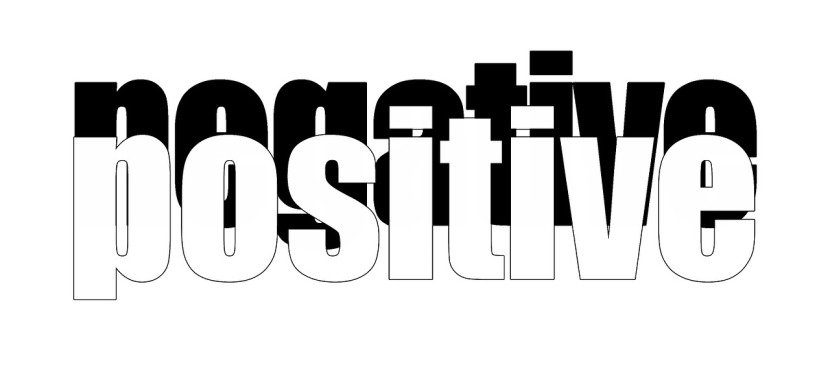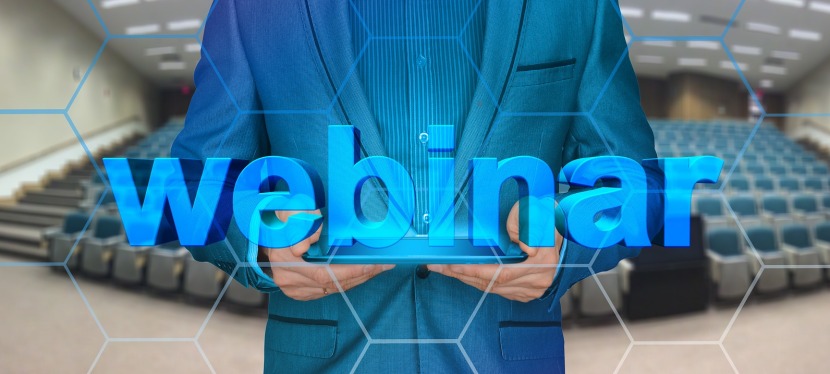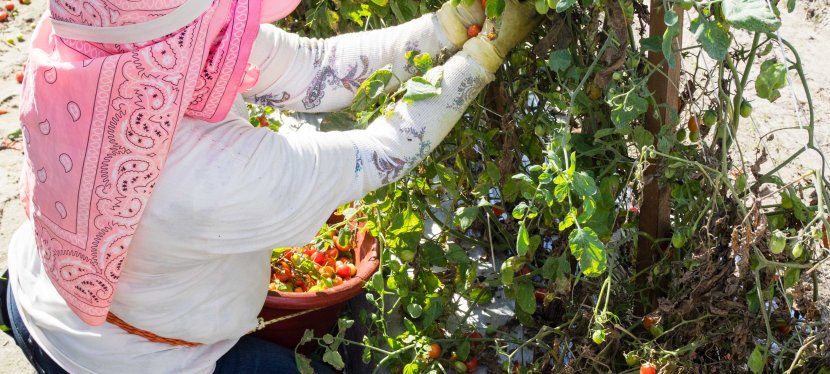On February 19th, SGI’s quarterly member webinar examined how the engagement season will be shaped by the pandemic and racial justice issues. We are grateful that Corey Klemmer of Domini Impact Investments and Hanna Lucal of Open MIC joined us to enrich our conversation. We had some great interaction in the question and answer period, and we added some resources that were shared in the webinar’s chat feature to a final slide in the slide deck.
At the start of the COVID-19 pandemic, many Americans were shocked at the sight of empty shelves in stores as global supply chains sputtered to keep up with the demand for a variety of products. The fragility of these supply chains has suddenly become evident to a lot of Americans who expect them to always operate seamlessly. Global supply chains connect people worldwide, from garment workers in Bangladesh to consumers in the United States. They are built to be ruthlessly efficient, manufacturing and delivering goods exactly when and where they are needed. The ability to move quickly and seamlessly across the globe also helps companies find cheaper labor or other opportunities to make products more cheaply. While this system may be good for corporate owners and supply chain managers, it takes a toll on workers. In the face of COVID-19, poultry workers literally put their life on the line every time they punch in to work. The opportunity of 2021 is to place worker dignity at the center of supply chain transformation plans.
The Black Lives Matter movement has also created an unprecedented urgency for a more genuinely diverse and inclusive workforce. The COVID-19 pandemic has inflicted devastating effects on the U.S. economy, with job losses, especially concentrated among women, minorities, and low-wage workers. It illustrates the systemic racism that lives in our financial institutions. Corporations are making statements in support of Black Lives Matter, but statements are easy. Ensuring that People of Color are hired, paid, promoted, and retained equitably is less so. We cannot allow the corporate response to be merely words. Together, we can compel action.
Again, we are very grateful for the presence of Corey and Hannah in this webinar, for their commitment to this work, and their generosity in sharing their wisdom and experience with us. As always, we welcome your feedback via a confidential evaluation found here. Slides are available here.










